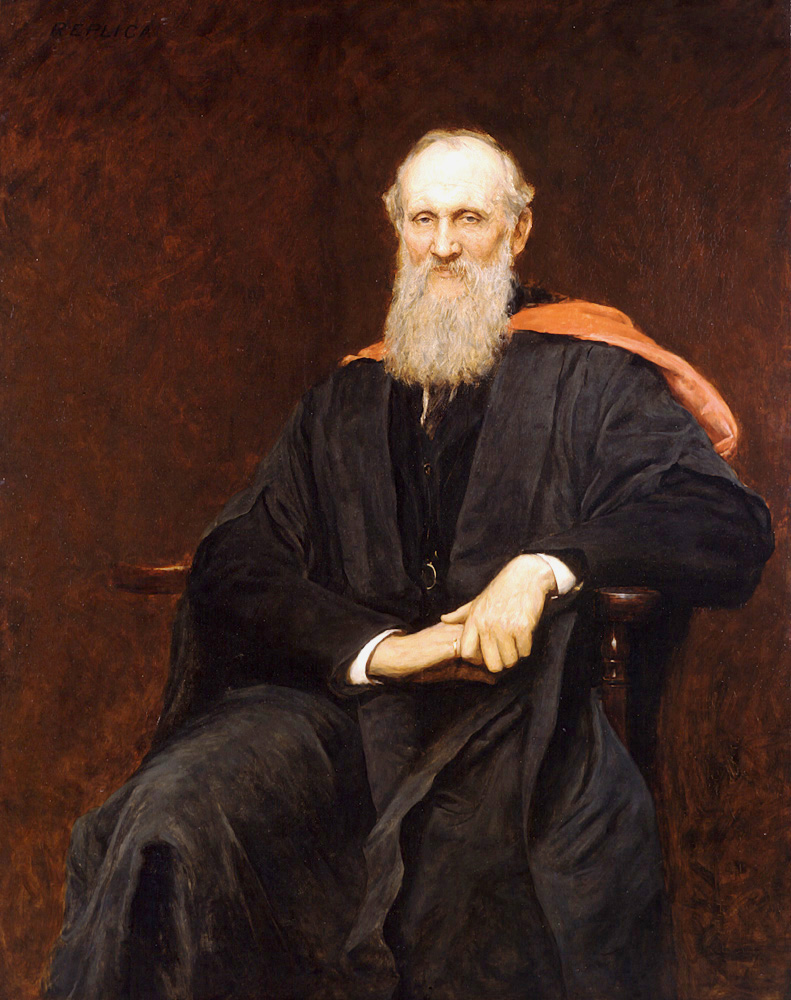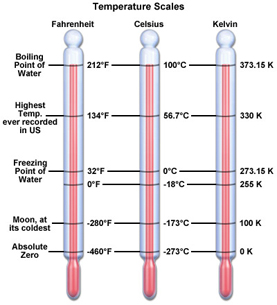William Thomson (Lord Kelvin): Difference between revisions
No edit summary |
No edit summary |
||
| Line 1: | Line 1: | ||
Claimed by Yasmin Martins | Claimed by Yasmin Martins | ||
[[File:Lordkelvin.jpeg]] | [[File:Lordkelvin.jpeg]] | ||
== Personal Life == | == Personal Life == | ||
Revision as of 18:41, 3 December 2015
Claimed by Yasmin Martins
Personal Life
William Thomson was born in College Square East, Belfast, Ireland on June 26, 1824. He was the second-born of four children. His mother passed when he was six years old. His family moved to Glasgow when Thomson was eight years old. His father worked as a math professor at the University of Glasgow, so Thomson began attending classes there at the age of ten. Thomson learned French when he was a teenager and read Jean Baptiste Joseph Fourier’s theory of heat, which he argued was wrong, and was later proven to be right. Thomson studied at Cambridge University from 1841 to 1845. Thomson became a Professor of Natural Philosophy a year after he graduated from Cambridge. He taught for 53 years and launched the first college physics laboratory. William Thomson was knighted in 1866 by Queen Victoria as Lord Kelvin for laying the first submarine cable. He died at the age of 88 in Scotland and is buried in Wesminster Abbey, next to Sir Isaac Newton.
Scientific Contributions
The Kelvin Scale
Lord Kelvin noticed that molecules stopped moving at a temperature, absolute zero. He suggested making a temperature scale based off this temperature. Absolute zero is 0°K and -273.15°C. The Kelvin scale came in handy with superconductors, material that can conduct electricity usually only at very low temperatures.
The Second Law of Thermodynamics
The second law states that heat cannot be transferred from a colder substance to a hotter substance. Lord Kelvin’s statement in the second law was, “There is no process whose only effect is to accept heat from a single heat reservoir and transform it entirely into work.” His statement proved that it is not possible for a heat engine to be 100% productive because some heat from a high-temperature energy source would be lost in the process.
Inventions
Connectedness
- How is this topic connected to something that you are interested in?
- How is it connected to your major?
- Is there an interesting industrial application?
See also
Are there related topics or categories in this wiki resource for the curious reader to explore? How does this topic fit into that context?
Further reading
Thomson, William, Treatise on Natural Philosophy, 1867 Lindley, David, Degrees Kelvin: A Tale of Genius, Invention, and Tragedy, 2004
External links
http://digital.nls.uk/scientists/biographies/lord-kelvin/ http://www.bbc.co.uk/history/historic_figures/kelvin_lord.shtml http://inventors.about.com/od/kstartinventions/a/Lord_Kelvin.htm
References
http://digital.nls.uk/scientists/biographies/lord-kelvin/discoveries.html http://www.britannica.com/biography/William-Thomson-Baron-Kelvin http://scienceworld.wolfram.com/biography/Kelvin.html

